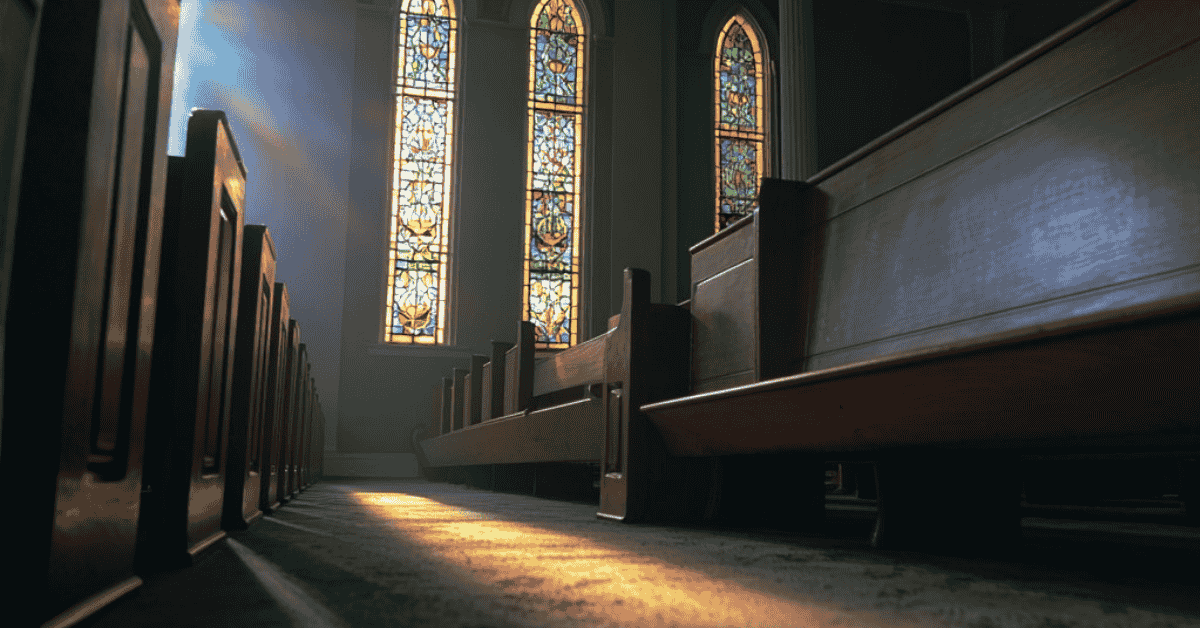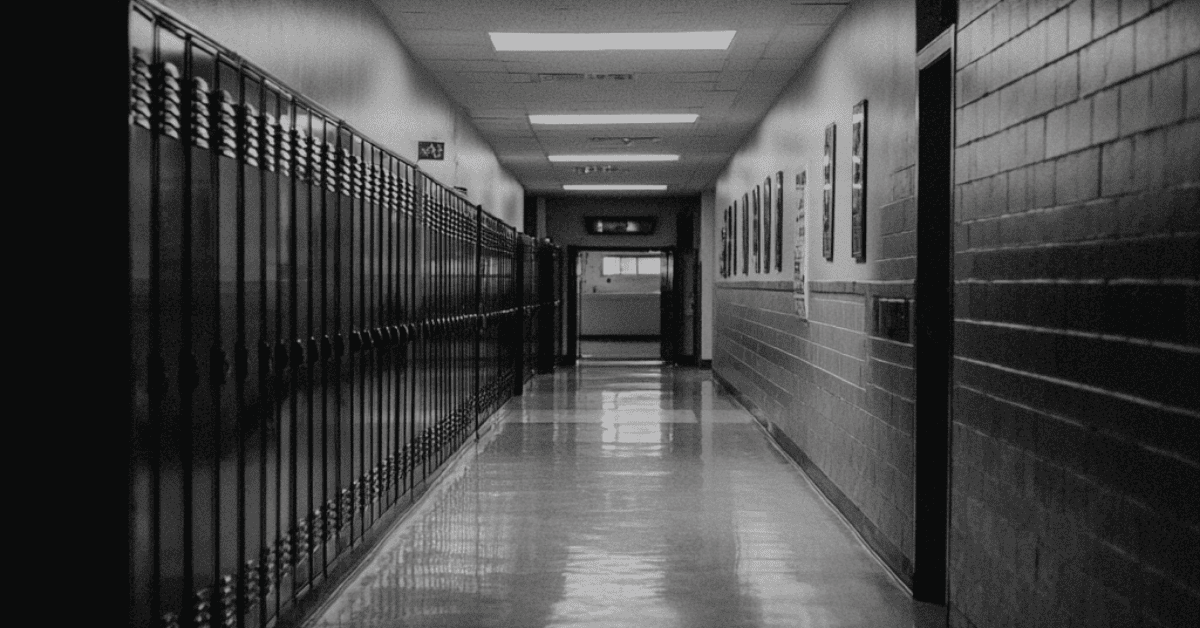How Group Homes Cover Up Sexual Abuse Allegations—and What Parents Can Do About It
You send your child to a group home or residential treatment center hoping it will help them heal. Maybe they’re struggling with mental health, behavior, addiction, or trauma. You sign the paperwork, talk to the staff, read the brochures. You’re told they’ll be safe.
But what if that promise gets shattered?
What if your child is abused—and worse, the people running the place already know abuse is happening and do nothing to stop it?
I’ve worked with families in this exact nightmare. And I’ve seen a truth that makes my stomach turn: some group homes cover up sexual abuse. Not just by accident. Not just due to “miscommunication.” But by design—through silence, manipulation, intimidation, and institutional betrayal.
If your gut is screaming that something’s wrong, you are not overreacting. In fact, you may be the only one willing to see clearly about abuse in residential facilities.
How Do Group Homes Cover Up Sexual Abuse?
Parents often ask me: “Do group homes really cover this stuff up?”
Yes. They do. And they’re often very good at it. Not because the people running them are all evil—but because the system rewards silence and punishes exposure.
Here’s how it usually plays out:
1. Staff Are Told to Stay Quiet
In some facilities, staff are subtly (or directly) discouraged from reporting concerns. I’ve spoken with former employees who were warned not to “create liability.” Some were even fired after raising red flags.
This creates a dangerous environment where even good people feel powerless to act.
2. Survivors Are Dismissed or Punished
A child reports abuse? Suddenly they’re labeled a liar. Staff may call them “attention-seeking” or “manipulative.” Some are put on restriction, denied privileges, or cut off from communication.
And if the survivor has a history of behavioral issues or trauma, it becomes even easier for the facility to discredit them. “She’s just acting out.” “He says that stuff all the time.”
That kind of victim-blaming lets abusers walk free.
3. Reports Are Altered or Hidden
Even in regulated facilities, it’s disturbingly easy to fudge the paperwork. I’ve reviewed logs that “magically” erased incidents. I’ve seen internal reports that never made it to law enforcement. In some cases, staff accused of abuse were quietly transferred—without ever facing consequences.
And when investigations do happen, the abuse is often framed as “misconduct,” “boundary crossing,” or a “misunderstanding.” That’s not just dishonest. It’s strategic.
4. Licensing Loopholes Offer Protection
Some group homes—especially religious or privately funded ones—fall outside the tightest licensing oversight. In Arkansas, like many states, faith-based residential programs can skirt certain state requirements. That means fewer inspections, fewer consequences, and fewer protections for kids.
The Emotional Cost of Being Ignored
Let me be clear: cover-ups don’t just hide the crime. They compound the harm.
When a survivor is dismissed, silenced, or punished for speaking up, the damage cuts even deeper than the initial abuse. They learn that power protects itself. That telling the truth is dangerous. That adults won’t save them.
Many survivors wait months or even years to tell someone. And the longer the silence lasts, the harder it becomes to break.
Red Flags Parents Should Never Ignore
You don’t have to wait for a disclosure to act. Survivors often test the waters first. They drop hints. They go quiet. They act out.
If your child has recently left a residential facility—or is still there—watch for these red flags:
- Drastic Behavior Changes. Sudden rage, withdrawal, insomnia, fear of being alone, panic attacks—especially when triggered by phone calls or staff names—should be taken seriously.
- Limited or Monitored Contact. Were your calls being cut short? Did your child say “I can’t talk about that right now” or speak in hushed tones? That’s a sign they’re being watched—or afraid of being overheard.
- Conflicting Stories. Did one staff member say your child was in group therapy while another said they were in the nurse’s office? Did records seem vague or missing? Inconsistencies may signal something is being covered.
- “Everything’s Fine” That Doesn’t Feel Right. If your child suddenly insists they’re “fine” but sounds flat, fearful, or detached, don’t ignore your intuition. Survivors are often coached on what to say.
As a parent, your instincts are your biggest asset. Trust them—even when others try to gaslight you.
What Survivors Have Told Me
Over the years, I’ve spoken with survivors of institutional abuse who waited months—or even years—to tell someone what happened. And sadly, I’ve seen the same themes surface over and over:
- They tried to report it but were ignored or punished.
- They feared no one would believe them because of their past.
- They didn’t even know what was happening to them qualified as abuse.
Many survivors only began to process what happened after they left the facility. Some didn’t tell their parents for years. Others shared bits and pieces to test whether they’d be believed.
Even then, they worried they’d be blamed—or that it was “too late” to matter.
Representing families in youth facility cases has shown me that these stories follow painful, familiar patterns. It’s not a one-time failure. It’s a systemic one.
What Can You Do If You Suspect a Cover-Up?
If you suspect that your child was abused in a facility—and that someone is covering it up—you don’t have to wait for confirmation to act.
You’re not powerless. Here’s what you can do right now:
1. Start a Written Timeline
Write down everything you know and everything your child has said. Include dates, names, staff shifts, odd behaviors, anything suspicious. This helps your memory and gives your lawyer something solid to work with.
2. Save Every Message and Call Log
If your child called from the facility, those calls may be recorded. Save them. If you have emails, texts, letters—keep them organized. Even one sentence can prove critical.
3. Talk to Your Child Gently
Don’t push for full details. Instead, say: “I just want you to know you can tell me anything. You won’t be in trouble. You’re not alone.”
Sometimes the truth comes out in pieces. That’s okay.
4. Report the Abuse
Even if it’s been months or years, you can still report abuse. File a complaint with Arkansas DHS. Call local police. Or consult an attorney who can help you do both strategically.
5. Don’t Let the Facility Control the Narrative
Group homes will often insist they’re “handling it internally.” Translation: they don’t want outside eyes on their mess. Don’t fall for it.
If your child disclosed after they left, after-disclosure legal guidance is available. The law doesn’t require a fresh wound to seek justice.
Legal Options for Families in Arkansas
Arkansas law allows survivors—and in many cases, their parents—to hold facilities accountable through civil lawsuits. That includes both the abuser and the institution that enabled or ignored the abuse.
Here’s what that can mean for your family:
- Access to evidence that wouldn’t be released otherwise
- Interviews with staff under oath
- Facility records and internal memos subpoenaed
- Public accountability for private harm
In many cases, filing a civil claim is the only way the truth ever sees daylight. And it’s often what prevents more children from being harmed the same way.
I don’t say that lightly. I’ve seen it happen.
Support for Survivors—and the Parents Who Love Them
This isn’t just about lawsuits or headlines. It’s about your child. Their future. Their sense of safety in the world.
Many survivors don’t want to “make a big deal out of it.” They blame themselves. They want to move on. And while their wishes should always be respected, healing often begins when someone—you—believes them fully, without hesitation.
You don’t need all the answers to take the first step.
You just need to know this: you are not alone, and you are not crazy for suspecting something. You are a parent doing what every child hopes their parent would do—show up and fight back.
If you’re ready to talk, or even just want to ask questions confidentially, schedule a confidential consultation. No pressure. No judgment. Just a safe space to get answers.



